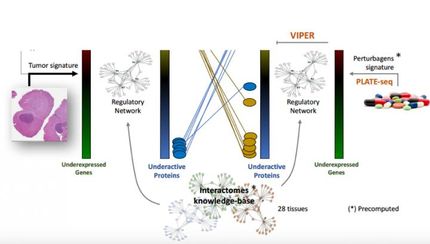Evidence grows that melanoma drugs benefit some lung cancer patients
Many patients with BRAF-mutant cancers benefit from treatment with BRAF inhibitors, European researchers report at ELCC
Advertisement
A subset of lung cancer patients can derive important clinical benefits from drugs that are more commonly used to treat melanoma, the authors of a new academic clinical trial in Europe have reported at the European Lung Cancer Conference (ELCC) in Geneva, Switzerland.
Dr. Oliver Gautschi, a medical oncologist from Lucern Cantonal Hospital in Switzerland, presented the results of the retrospective EURAF cohort study, which included lung cancer patients whose tumours carried specific mutations in the BRAF gene. The study was conducted by a network of European oncologists, without company involvement
BRAF mutations are commonly seen in melanoma patients, and are found in about 2% of lung adenocarcinomas, Gautschi explains. Several inhibitors of the B-Raf protein, including vemurafenib and dabrafenib, have been developed for use in melanoma patients, however there is currently no approved drug for BRAF-mutant lung cancer.
As a result, experience with B-Raf inhibitors in lung cancer remains limited. “In the current study, we wanted to find out how many patients in Europe received B-Raf inhibitors outside of a clinical trial, and what their outcomes were,” Gautschi says.
The EURAF study gathered information on 35 lung cancer patients who had been identified as carrying BRAF mutations, who were treated with B-Raf inhibitors between 2012 and 2014.
Most of those patients received vemurafenib, some dabrafenib, and one sorafenib. Overall response rate was 53% as measured by the widely used Response Evaluation Criteria In Solid Tumors (RECIST) guidelines. Overall, progression-free survival time in this group was 5 months.
Most patients were pretreated, and not eligible for enrolment in a clinical trial, which means these results are encouraging, the researchers say, although the study’s small size and retrospective nature mean the analysis of the magnitude of benefit should be treated cautiously.
“The bottom line is that clinicians should be sure to test patients for so-called ‘rare’ driver mutations in lung cancer, because individual patients may derive substantial benefit from targeted therapy,” says Gautschi.




















































